Role
Dr Savannah Worne is a Lecturer in Ecology and Environmental Science and contributes to teaching on a range of courses in the School of Animal, Rural and Environmental Sciences. She is also an honorary research associate at the British Geological Society.
Career overview
Dr Worne has a BSc (Hons) in Geography from the University of Nottingham, and a PhD in Geography, also from the University of Nottingham. She is now working towards accreditation as a Fellow of the Higher Education Academy (FHEA).
Before joining the Environment team at NTU, Dr Worne worked as a Stable Isotope Researcher at the British Geological Society, with responsibility for preparation and analysis of samples for carbon, nitrogen, silicon and oxygen isotops. Prior to this, she worked as an Aquatic Environmental Consultant at AECOM, with specialty in diatom, phytoplankton, zooplankton and water quality analysis for environmental monitoring and management.
Dr Worne is an active researcher specialising in palaeoclimate, oceanography and biogeochemistry, with expertise in freshwater and marine diatoms. Her PhD research assessed the role of sea ice, nutrient cycling and productivity (diatoms) in climate cycling over the last 1 million years, using a range of microscopy and geochemical techniques. She also has significant experience in stable isotope analysis of both bulk and compound-specific material, predominantly for palaeoclimate application.
She is the module lead for the modules:
- Marine and Coastal Ecology UK Field Course
- Marine and Freshwater Ecology
- Principles of Environmental Science
- Global Environmental Issues
She contributes to teaching on the modules:
- Conservation Priorities
- Conservation Ecology
Dr Worne also supervises undergraduate dissertations and postgraduate research projects in ecology, environmental science and physical geography with an emphasis on topics related to aquatic systems, climate change, and freshwater and marine ecology.
In 2021, Dr Worne became Chair of the Silicofossil Group within The Micropaleontological Society, which works to support and promote multidisciplinary research using micropaleontological techniques, as well as advance the education of the public in the study of micropalaeontology.
Research areas
Dr Worne’s research interests focus on:
- Palaeoceanogprahy in relation to Plio-Pleistocene climate change
- Assessing the role of the biological carbon pump in glacial-interglacial climate variability
- The application of diatom microfossils for reconstructing climate change, including sea ice, ocean currents, sea surface temperature and nutrient cycling.
- The application and development of diatom-bound stable isotope analysis for biogeochemical application.
- Refining the use of bulk stable isotope analysis through multiproxy investigation.
See Dr Worne's research here.
External activity
- Chair of The Micropaleontological Society Silicofossil Group
- Honorary Research Associate at the British Geological Society
- Professional Association of Diving Instructors (PADI) Rescue Diver
Publications
Worne, S., Swann, G. E. A., Kender, S., Lacey, J. And Leng, M. J. (2022). Silicic Acid Cycling in the Bering Sea during the Mid Pleistocene Transition. Paleoceanography and Paleoclimatology, 37, 2, e2021PA004284.
Worne, S., Lacey, J., Barr, C., Schulz., C. and Leng M. J. (2021). Assessment of bias in carbon isotope composition of organic leaf matter due to pre-analysis milling methods. Rapid Communications in Mass Spectrometry, 2021;e9134.
Worne, S., Stroynowski, Z., Kender, S., and Swann, G. E. A. (2021). Sea-ice Response to Climate Change in the Bering Sea during the Mid-Pleistocene T ransition. Quaternary Science Reviews, 259, 106918 .
Worne, S., Kender, S., Swann, G. E. A., Leng, M. J. and Ravelo, A. C. (2020). Reduced upwelling of nutrient and carbon-rich water in the subarctic Pacific during the Mid-Pleistocene Transition. Palaeogeography, Palaeoclimatology, Palaeoecology, 555.
Worne, S., Kender, S., Swann, G. E. A., Leng, M. J., & Ravelo, A. C. (2019). Coupled climate and subarctic Pacific nutrient upwelling over the last 850, 000 years. Earth and Planetary Science Letters, 522, 87–97.
Kender, S., Ravelo, A. C., Worne, S., Swann, G. E. A., Leng, M. J., Asahi, H., …Hall, I. R. (2018). Closure of the Bering Strait caused Mid-Pleistocene Transition cooling. Nature Communications, 9(5386).
Swann, G.E.A., Kendrick, C.P., Dickson, A.J. and Worne, S. (2018). Late Pliocene marine pCO2 reconstructions from the Subarctic Pacific Ocean. Paleoceanography and Paleoclimatology, 33, 457-469.
Fenton, I., Baranowski, U., Boscolo-Galazzo, F., ... Worne, S., et al., (2018). Factors affecting consistency and accuracy in identifying modern macroperforate planktonic foraminifera. Journal of Micropalaeontology, 37(2): 431-443.
Press expertise
- Palaeoceanography and Palaeoclimate
- Diatoms, phytoplankton and aquatic biogeochemistry
- Stable isotope analysis and mass spectrometry
Course(s) I teach on
-
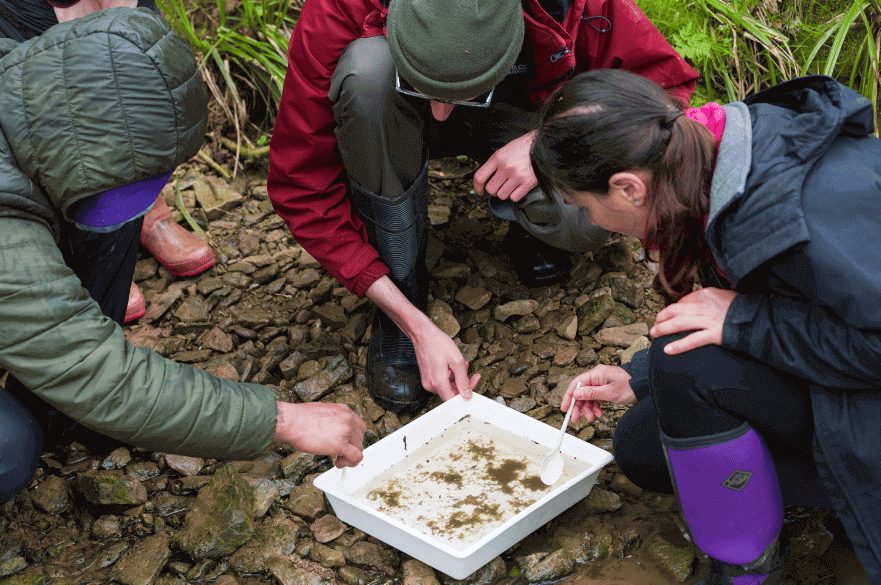 Undergraduate | Full-time / Sandwich
Undergraduate | Full-time / Sandwichhttps://www.ntu.ac.uk/course/animal-rural-and-environmental-sciences/ug/bsc-hons-ecology-and-conservation
-
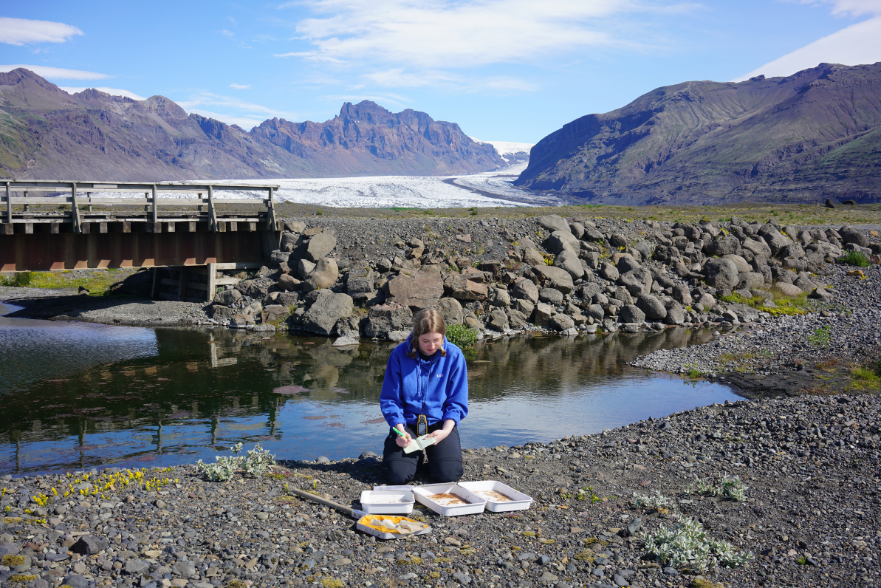 Undergraduate | Full-time / Sandwich
Undergraduate | Full-time / Sandwichhttps://www.ntu.ac.uk/course/animal-rural-and-environmental-sciences/ug/bsc-hons-environmental-science
-
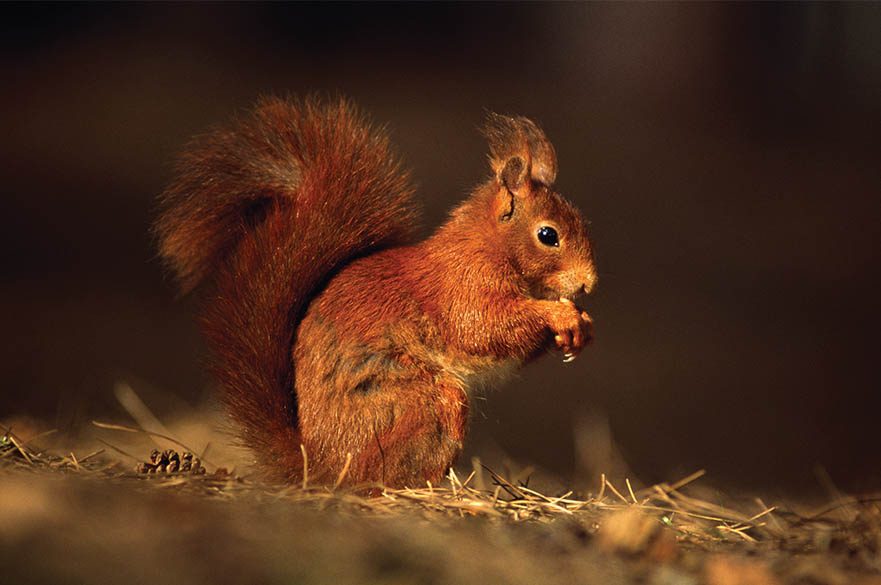 Undergraduate | Full-time / Sandwich
Undergraduate | Full-time / Sandwichhttps://www.ntu.ac.uk/course/animal-rural-and-environmental-sciences/ug/bsc-hons-wildlife-conservation
-
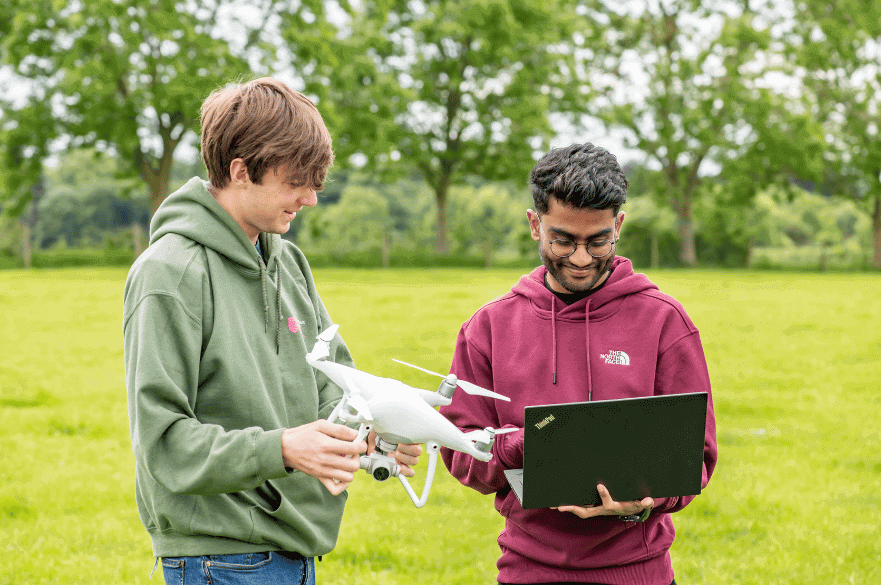 Undergraduate | Full-time / Sandwich
Undergraduate | Full-time / SandwichCOURSE
Geography - BSc (Hons)
https://www.ntu.ac.uk/course/animal-rural-and-environmental-sciences/ug/bsc-hons-geography
-
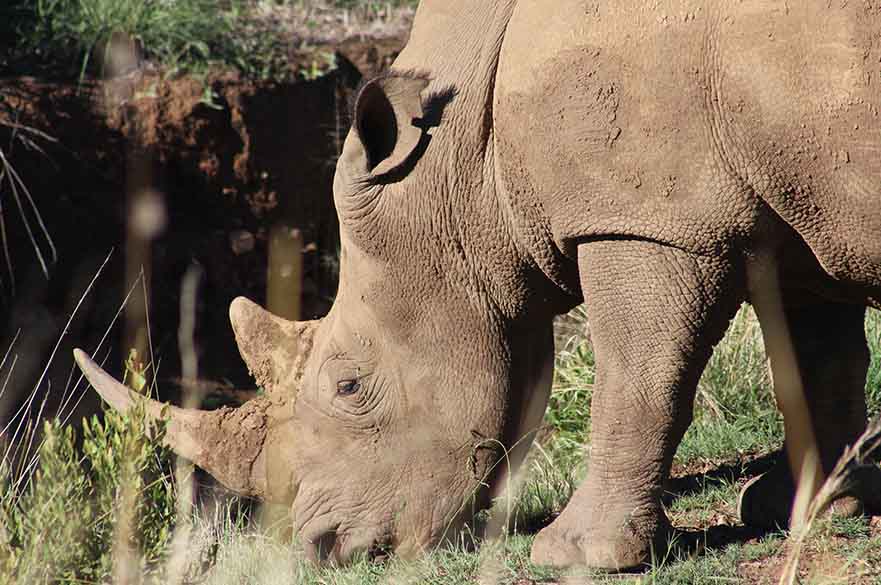 Postgraduate taught | Full-time / Part-time
Postgraduate taught | Full-time / Part-timehttps://www.ntu.ac.uk/course/animal-rural-and-environmental-sciences/pg/mres-msc-endangered-species-recovery-and-conservation
